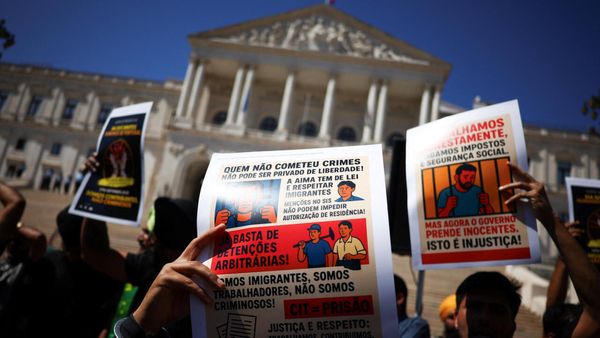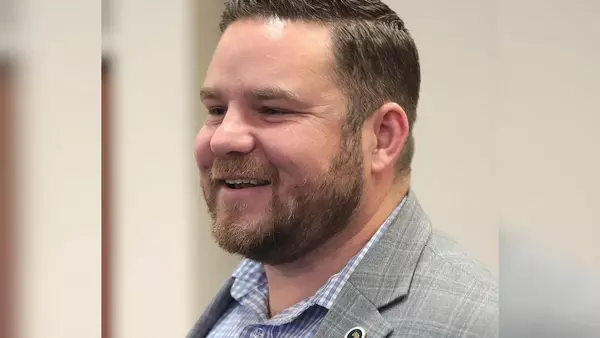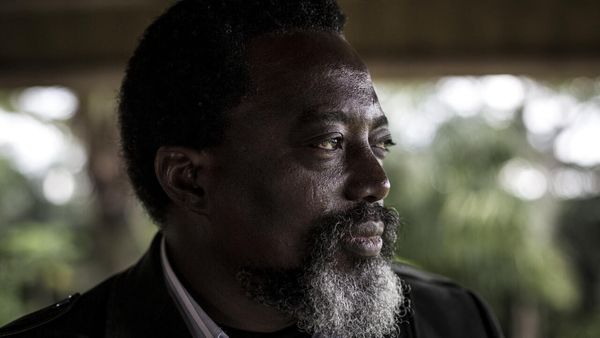
In a notable turn of events, former government officials have signed a friend-of-the-court brief, Namikis Kiryai, in the D.C. Circuit Court of Appeals, arguing against President Trump's immunity claim. Despite today's hearing, it seems that nothing presented by Trump's attorney managed to sway their opinion. It appears that while Trump may have arrived with some optimism and interest, his legal arguments fell flat. In fact, it was revealed that his lawyers had already made concessions on the issue of absolute immunity and double jeopardy. All they were left with was a meager argument based on a negative inference from the impeachment judgment clause.
The judges presiding over the case expressed skepticism towards Trump's defense. Judge Pan observed that Trump's argument crumbled when considering the context of impeachment, while Judge Henderson called it paradoxical, dismantling the idea that a president's duty to execute laws somehow grants them the right to commit criminal acts. This line of reasoning raises concerns, as it challenges the notion of holding a president accountable for potential misconduct and allows the possibility for grave abuses of power.
Furthermore, Trump's attorney made a troubling argument in court, suggesting that a president could order the murder of a political rival and be immune from prosecution as long as they hadn't been impeached for it. This claim prompted comparisons to authoritarian regimes and leaders who endorse such behavior. It raises the question of whether Trump's statements about admiring world leaders who act in such ways should be taken literally. This weighty issue serves as a reminder of the grave threat Trump poses to democracy.
From a political perspective, Trump's defense revolves around a convoluted chicken and egg argument. His attorney asserts that a president cannot be prosecuted for crimes committed in office unless they have already been impeached, creating an endless loop. This argument stands in stark contrast to the founding principles of the United States, where the executive branch is not meant to resemble a monarchy but rather an accountable position.
Considering the upcoming caucuses, Trump's decision to spend time at the courthouse is perhaps aimed at appealing to his base. By portraying himself as a victim, he reinforces the narrative that he is being unjustly targeted for political reasons. Despite not physically being present in Des Moines, Trump's confidence in the polls suggests he believes he is in a strong position for the upcoming vote.
As the Iowa caucuses approach, there is general consensus among campaign insiders that Trump is likely to win, potentially by a wide margin. However, there is always concern about turnout, especially in rural areas where voters must travel significant distances to participate. Trump's recent courthouse appearance may be an attempt to energize his base and ensure high participation in the caucuses.







